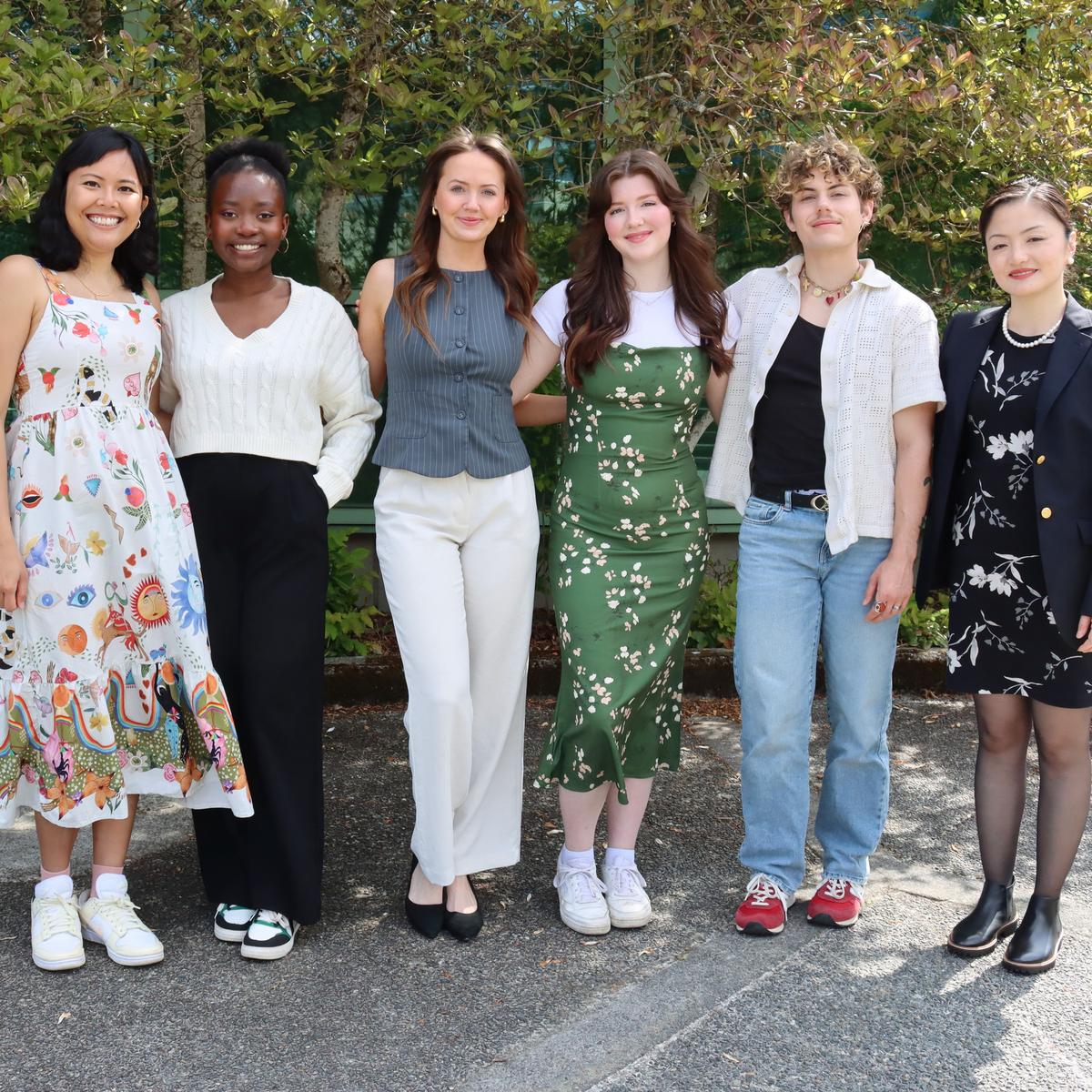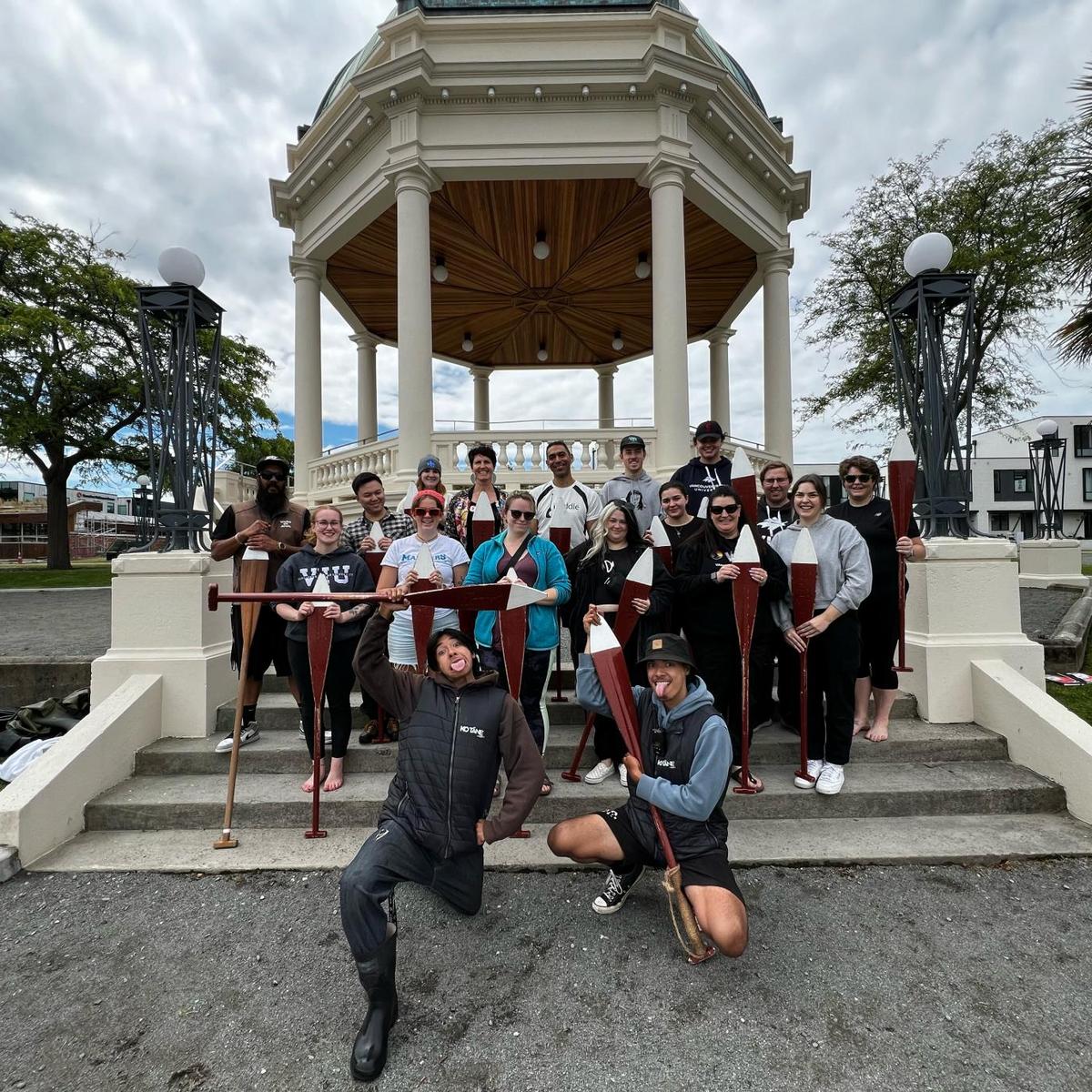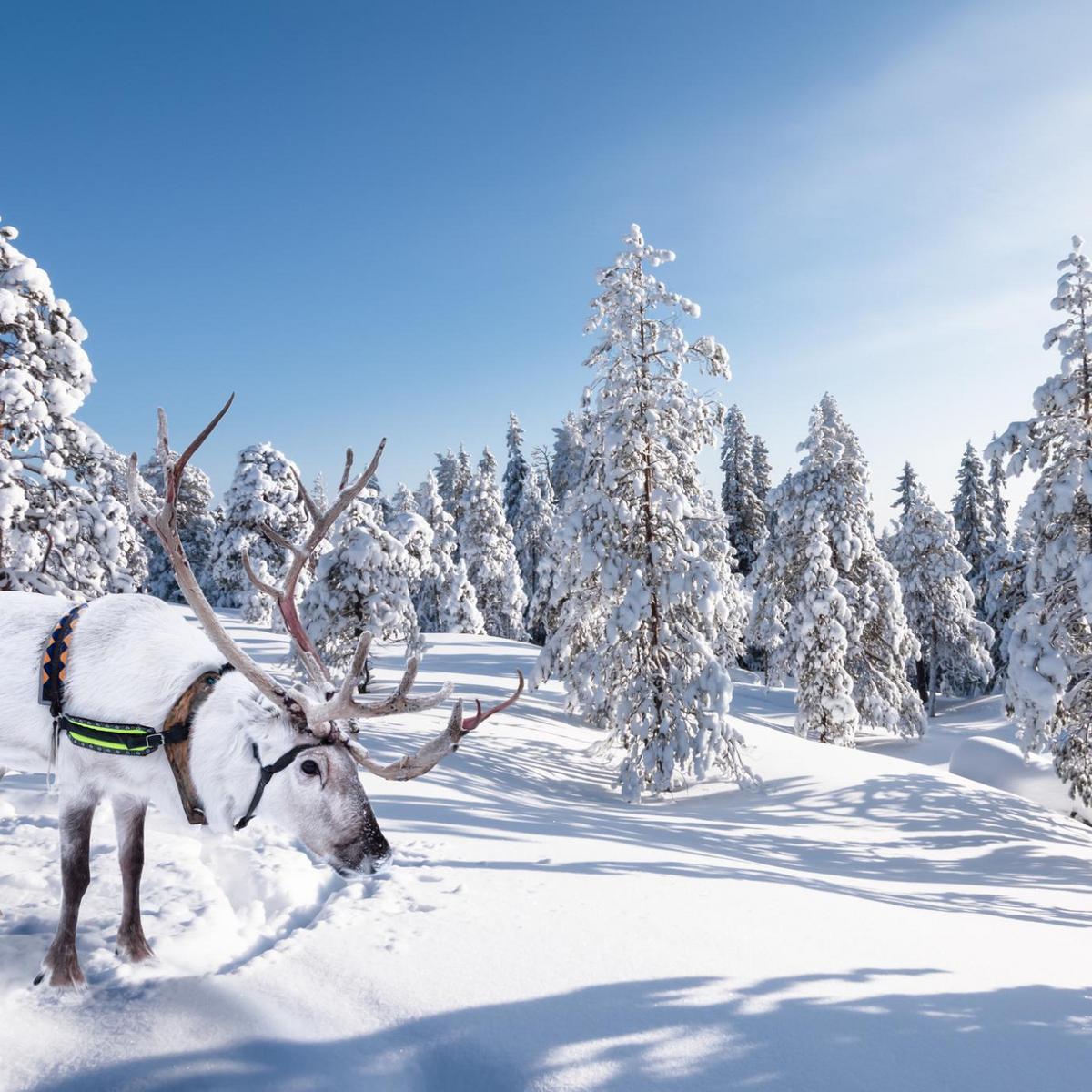Student travel opportunities
Earn credit towards your degree. Improve your interpersonal and intercultural skills. Foster a sense of global citizenship; Increase your motivation for learning. And boost your confidence in pursuing a career in a competitive global economy.
Our programs
Field Schools (paused)
Field Schools are designed by VIU faculty in collaboration with VIU International Mobility. They vary in length from 8 days to 6 weeks.
Exchange
Study in English at one of our partner universities around the world for 1 or 2 semesters and earn valuable transfer credit towards your degree.
Internships and practica
Pursue experiential learning opportunities through international internships and practicum placements and gain valuable hands-on experience in your field.
Partner programs
Condensed and immersive, our partners' offer programs in language and culture, business and more in two to six weeks.
Connect with International Mobility
1-on-1 appointments
Connect with International Mobility Advisor in-person in Building 255, over the phone or virtually.
Student exchange support drop-In session
Check back during Fall 2025 semester for our schedule!
Events
Study abroad stories

Studying climate change impacts in Senegal

Five things we learned in Aotearoa (New Zealand)







